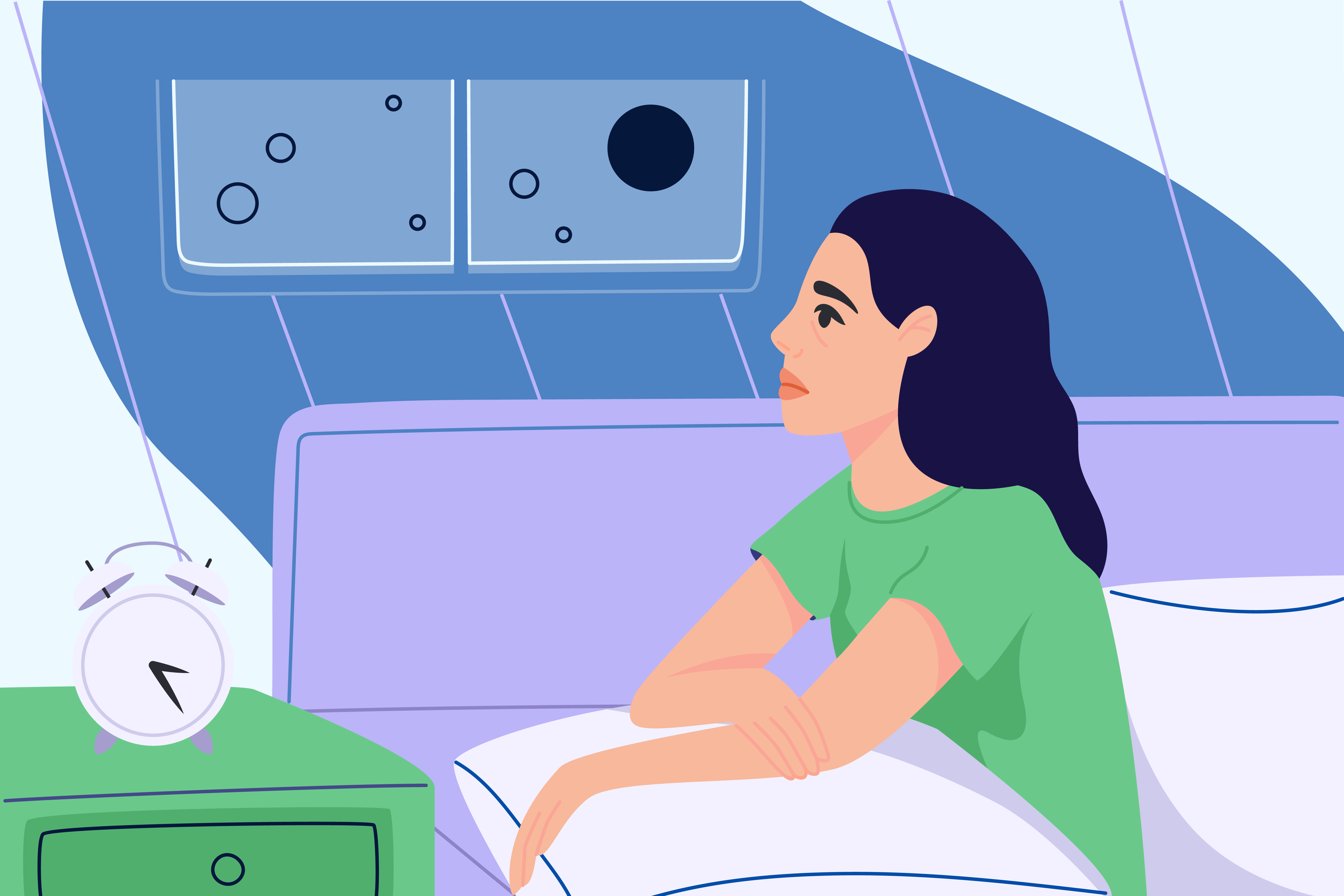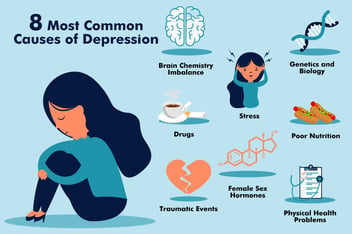
Persistent depressive disorder, often referred to as chronic depression, is a condition characterized by experiencing depressive symptoms regularly or continuously over an extended period, sometimes lasting for years, as outlined by Aimee Daramus, PsyD, a licensed clinical psychologist.
Depression is a grave mental health condition that can result in intense sensations of sorrow and despondency, affecting your ability to eat, rest, engage in work, concentrate, and perform everyday tasks. Chronic depression represents an extended version of this condition. If you suspect you are dealing with chronic depression, know that you are not alone. Close to 5% of adults regularly exhibit symptoms of depression, as revealed by the Centers for Disease Control and Prevention (CDC).
This article delves into the signs, origins, and diagnostic criteria for chronic depression and also discusses various treatment methods and strategies for managing the condition.
Signs of Chronic Depression
Dr. Daramus highlights the following as common symptoms associated with chronic depression:
- Feelings of sadness
- Emotional detachment
- Anger, anxiety, or irritability
- Guilt or worthlessness
- Pessimism or despair
- Dwelling on past failures or losses
- Anhedonia
- Fatigue or restlessness
- Impaired focus
- Indecision
- Reduced motivation
- Hallucinations or delusions
- Sleep and appetite changes
- Unplanned weight fluctuations
- Exhaustion and energy depletion
- Physical pains like headaches or cramps
- Suicidal ideation or self-harm
If suicidal thoughts are affecting you, connect with a skilled counselor at the National Suicide Prevention Lifeline by calling 988. In cases of immediate danger, dial 911. For additional mental health resources, refer to our National Helpline Database.
Origins of Chronic Depression
According to Dr. Daramus, potential causes of chronic depression include:
- Neurotransmitter Imbalances: Chronic depression may result from imbalances in specific brain chemicals known as neurotransmitters.
- Genetic Factors: Depression can be hereditary. If a close relative has depression, your likelihood of experiencing it is higher. The American Psychiatric Association notes that having a first-degree relative with depression increases your risk by 40%.
- Trauma and Life Stressors: Depression can manifest as a response to traumatic events, life changes, or stressors. People's sensitivity to these factors varies.
- Medical Conditions: Chronic depression can coexist with medical conditions like cancer, heart disease, diabetes, Alzheimer's disease, and Parkinson's disease, potentially exacerbating these conditions.
- Medications: Certain medications can lead to depression as a side effect. This includes specific birth control pills and statins.
- Substance Use: Alcohol, nicotine, and drugs can trigger or amplify depressive symptoms.
Sometimes, chronic depression occurs without a clear trigger.
Diagnosing Chronic Depression
It is crucial to understand that chronic depression is not a formal diagnosis; it represents a long-lasting form of depression.
Dr. Daramus outlines various depression forms that can become chronic, including:
- Major Depressive Disorder (MDD): Characterized by severe symptoms disrupting daily functioning. Diagnosis requires a minimum two-week duration, though it can recur over the years.
- Persistent Depressive Disorder (PDD): A continuous, mild depression lasting over two years, often manifesting as chronic irritability or pessimism.
- Seasonal Affective Disorder (SAD): Depression correlating with specific seasons, typically worsening in winter.
- Long-term Perinatal Depression: Depression occurring during or after pregnancy, potentially lasting years. It is more common in new mothers but can affect new fathers.
- Psychotic Depression: Depression accompanied by psychotic symptoms like hallucinations or delusions.
- Bipolar Depression: Depressive phases experienced by individuals with bipolar disorder, alternating with manic episodes.
Professionals in the field of mental health, such as psychiatrists, psychologists, social workers, or therapists with a master’s degree, can identify and recommend interventions for persistent depressive disorder. Dr. Daramus emphasizes the importance of seeking specialists in depression or mental health disorders.
The diagnostic process may encompass a clinical interview, exploring medical history and symptoms, with additional inquiries regarding trauma or bipolar disorder symptoms. Blood tests or other assessments may also be conducted to exclude other potential causes of depression, such as hormonal imbalances or thyroid issues.
Treating Chronic Depression
Dr. Daramus lists various treatment options for chronic depression:
- Therapeutic Sessions: Participating in counseling sessions aids in tackling the psychological and emotional origins of depressive states while fostering strength and resilience. Numerous validated therapeutic methods, such as Cognitive Behavioral Therapy (CBT), Problem-Solving Therapy, and Interpersonal Therapy (IPT), have demonstrated their effectiveness in this regard.
- Medication: Antidepressants can recalibrate neurotransmitter levels. Finding the most effective medicines may require trying different types.
- Sunlight Lamps: Beneficial for Seasonal Affective Disorder sufferers, these lamps provide artificial sunlight.
- Brain Stimulation Therapy: Procedures involving electrical or magnetic brain stimulation can aid those unresponsive to other treatments.
Managing Chronic Depression
Dr. Daramus offers strategies for coping with chronic depression:
- Challenge Negative Thought Patterns: Scrutinize and question depressive thoughts, recognizing their potential falsehood.
- Seek Support Groups: Becoming a part of assemblies of people who share comparable experiences can offer a feeling of belonging and mutual assistance.
- Choose a Trustworthy Healthcare Provider: Ensure you feel comfortable and trust your healthcare provider; it's acceptable to consult multiple providers before deciding.
- Identify Positive Outlets: Engaging in creative arts, sports, or activities you enjoy can offer beneficial ways to manage depression.
Conclusion
Chronic depression can linger for years, with varying intensity levels. Seeking treatment and developing coping strategies are vital steps toward improvement and well-being.




